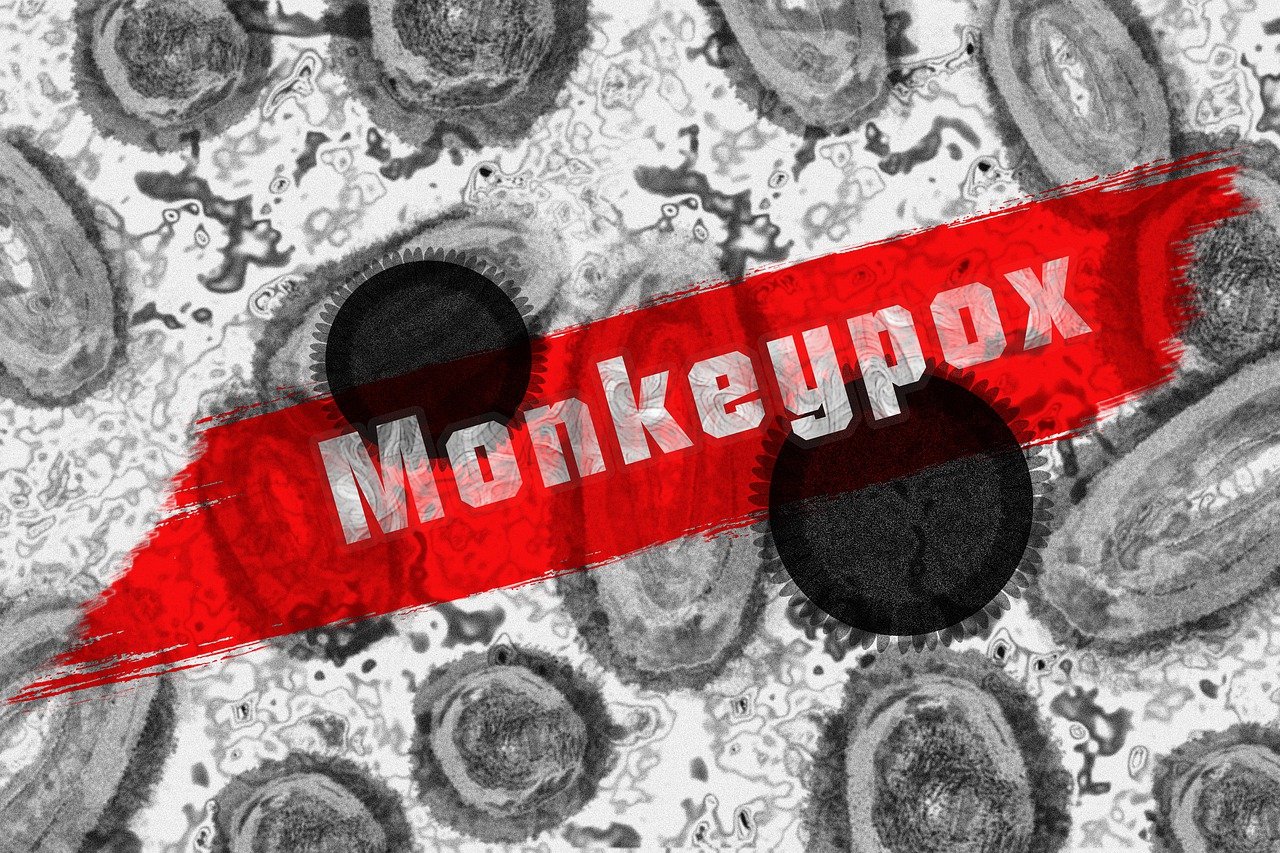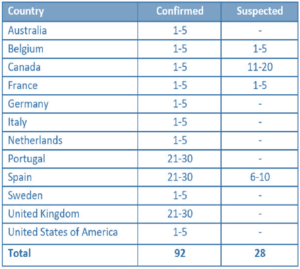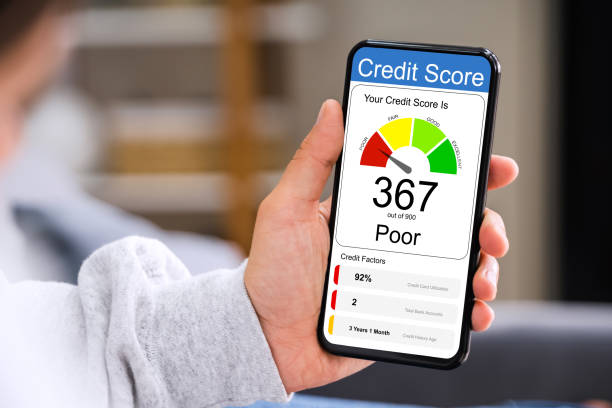
Monkeypox Virus: What You Need to Know About It?
We are not even over COVID yet, another virus is already here, and we are not excited about it. The new virus was discovered in Africa, and it has made its way into Europe, USA, and Australia.
Experts are trying to do everything to find more and more about this virus and know to what extent it can affect our lives. The arrival of the new virus is worrisome. The cases are rising daily and presently are closing to a century.
The last pandemic affected us in all the manners be it physically, psychologically, and economically. Covid broke the financial backbone of the nation and its citizen. It affected millions of people worldwide and in the UK.
If you are one of those people still struggling with finances, you can get a short-term loan even on bad credit from a direct lender. These are easy to get, they will help you strengthen your finances, and you can prepare for any pandemic or virus outbreak.
You know what they say, knowledge is power, so that we will learn all there is about this “monkey virus”. Read along and prepare yourself.
What is Monkey Virus?
The name “monkeypox virus (MPXV)” was popularised as it was generated in monkeys. Interestingly the virus MPXV is also found in rodents. The virus is related to smallpox and usually affects monkeys, but in 1970, the first human instance was documented.
The exact origin is yet the part of ongoing investigations. We do not know about its reservoir yet, but we know about some of the hosts it affects. It is speculated to be rodents.
Monkeypox is a relatively uncommon disease caused by MPXV. The symptoms are related to smallpox but are usually milder. It is not a new condition, which made it into the news overnight.
In 2017, 172 suspected and 61 confirmed cases were reported in ten African nations, including Nigeria. Most of the infected people were between the ages of 21 and 40.
The Reality of Outbreak
Presently, several falsehoods regarding the virus are circulating on various social media channels. Some of those claims will remind you of Covid-19, causing confusion, worry, and dread among people.
Image source: WHO
Epidemiological investigations are ongoing.
Till today, there have been no confirmed “travel ties to endemic areas”. There have been 92 laboratory-confirmed cases and 28 probable cases as of May 21.
The absence of a “travel link is strange and worrying. Still, they are part of investigations. We do not want to repeat 2020 ever at any cost. So, make sure you’re ready to take on another pandemic if it occurs but does not create panic.
How Does It Transmit?
So, to answer the big question of how it transmits, we are still learning about it. Zoonotic transmission can be a cause here. It is “straight contact with the blood, body fluids, or cutaneous or mucosal lesions of those animals, which are infected”.
However, some possible modes of transmission or the risk factors are listed below:
- Eating rare meat from infected animals can cause infection.
- People residing in or near forested regions have a higher chance of exposure to infected animals, and they may get infected. The chances of infection are relatively low, though.
- Close contact with “lesions”, “body fluids”, “respiratory droplets”, and infected surfaces can spread the monkeypox virus from one person to another.
- Coming in contact with infected persons like family members can get the infection.
- A baby can get an infection through the placenta from her mother as well.
- Incubation period: after exposure, the Monkeypox virus takes 6 to 13 days to incubate in general. In some cases, it can even take 5 to 21 days.
Signs and Symptoms to Look Out For
The virus can affect anyone, so you must know the signs and symptoms.
- Fever
- Intense headache,
- Lymphadenopathy (swelling of the lymph nodes): a distinctive feature
- Back pain,
- Myalgia (muscle aches)
- Intense asthenia (lack of energy).
- The rash may affect the face and extremities, palms of the hands and soles of the feet, oral mucous membranes, genitalia, conjunctivae, and the cornea.
Note: Monkeypox is usually a “self-limiting” condition. The symptoms lasted between two and four weeks. Severe instances are more common in youngsters. Immune inadequacies may play a significant role in the severity of the symptom.
Diagnosis
In general, a rash disorder, such as chickenpox, the condition must be under analysis in the clinical differential diagnosis. Lymphadenopathy, a significant symptom, can come into utilization to identify monkeypox from other skin conditions during the early stage of sickness.
Polymerase chain reaction (PCR): The polymerase chain reaction (PCR) is the most preferred and primary laboratory test because of its precision and sensitivity.
If there is a suspicion of monkeypox, health professionals should acquire a suitable sample. It should further move safely to a laboratory.
Sample: Lesion samples are most preferred for the diagnosis. It must be kept cold and preserved in a dry, sterile tube. In most cases, PCR blood tests are inconclusive. Along with the samples, the affected person must provide the following dates:
- The onset of fever and rash
- specimen collection,
Besides these, the status of the individual (stage of rash) and age should also be there.
Treatment
Clinical therapy can treat Monkeypox symptoms to reduce symptoms, manage complications, and minimize long-term consequences. Patients should be given fluids and food. They should have treatment with antibiotics.
Prevention
Prevention for this virus is similar to any other virus, a vaccine. Due to the cross-protection afforded by the immune response, monkeypox vaccines are created, similar to the pox virus.
Scientific research has come to determine the possibility and aptness of immunization to avoid and manage monkeypox. Get vaccinated once it is available in your area.
You may be running short of funds if vaccination costs are relatively higher. There is nothing to worry about, as you have borrowing options, too, like instant text loans with no credit check. The loan will help you deal with finances, and you can better concentrate on your health.
Conclusion
“Monkeypox virus is related to smallpox generally affects monkeys, but the first human case was discovered in 1970. As of May 21, 92 laboratories verified cases and 28 suspected cases.
Monkeypox usually remains between 2 and 4 weeks. The rash can affect the face and extremities and the mucous membranes of the mouth, the genitalia, and the conjunctivae.
Do not spread misinformation, and if you get any information, do not believe it unless you get it from an authorized place such as the government or WHO. Take care of yourself. Eat healthily, and take a lot of fluid.
Maintain social distancing and take all the measures to keep yourself healthy. Stay healthy!

Jessica Rodz is the Senior Content Writer at Cashfacts. She has a long career in the field of content writing and editing. Jessica has the expertise in the UK lending marketplace where she has worked with 7 different lending organisations and acquired many responsibilities from preparing loan deals and writing blogs for their websites.
At Cashfacts, Jessica is managing a team of experienced loan experts and doing a major contribution in guiding the loan seekers via well-researched blogs. She has done graduation in Business (Finance) and now currently doing research papers on the UK financial sector.






